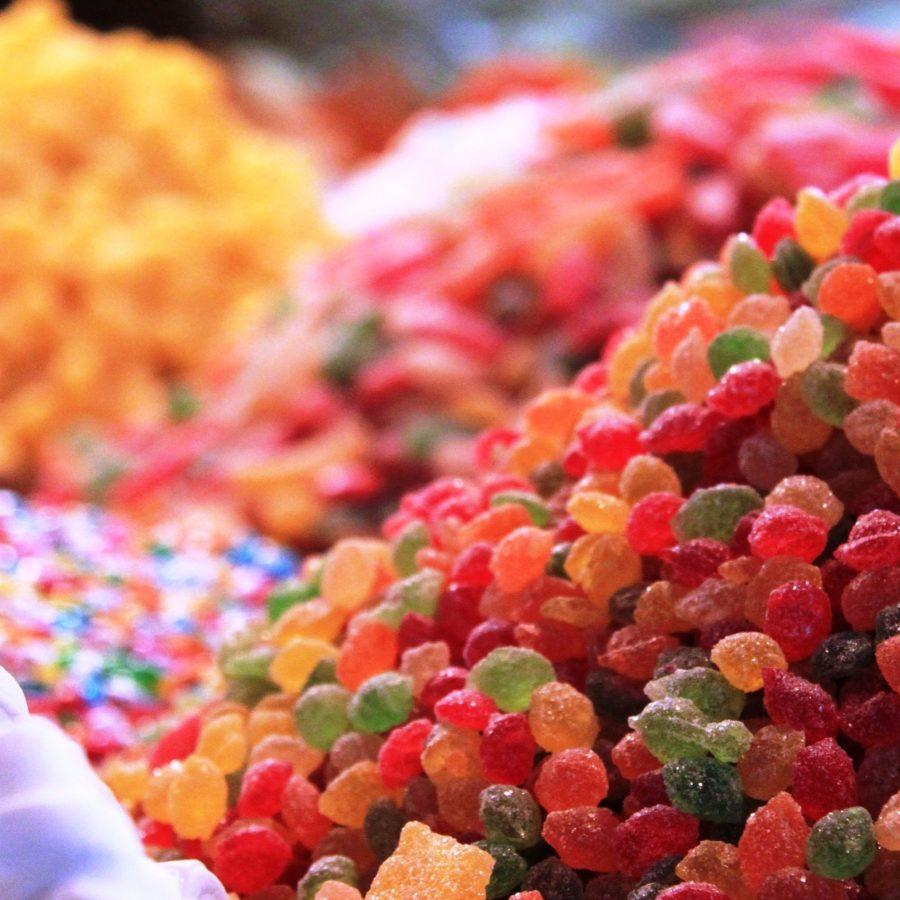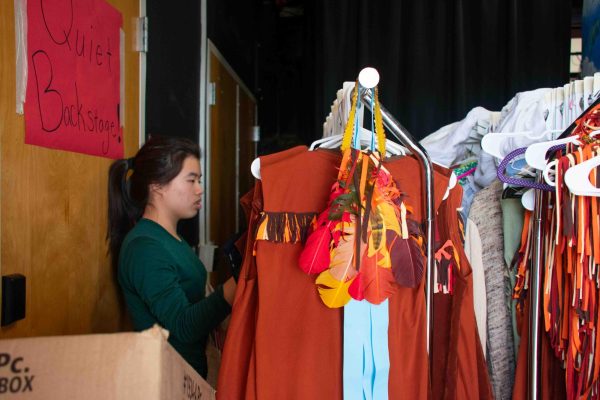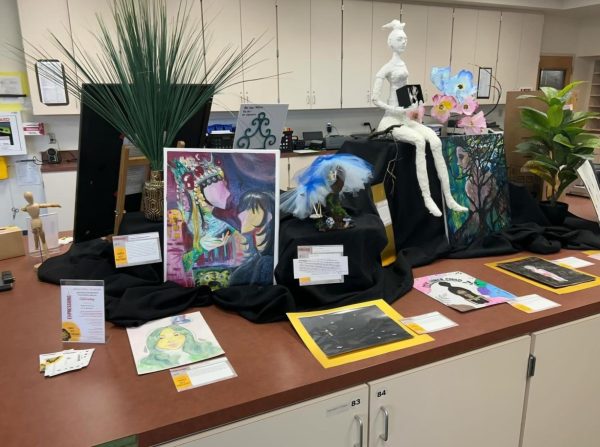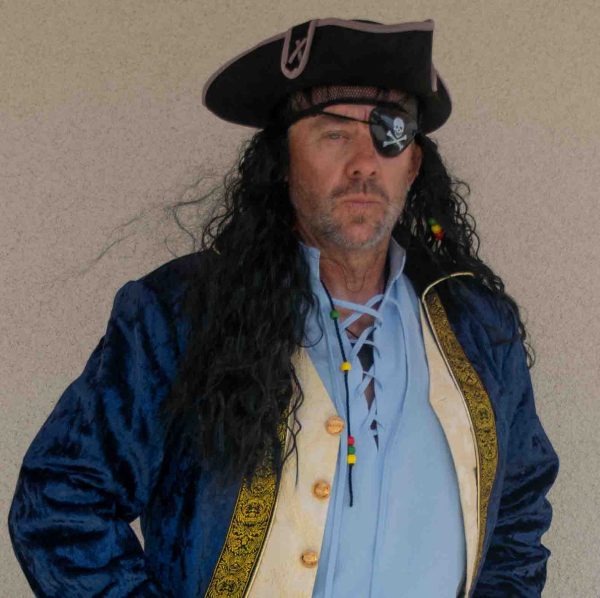UCLA’s Sugar Study
May 31, 2016
The University of California in Los Angeles recently conducted a study on the damage of a type of sugar called fructose. Fructose is found in fruits, vegetables, soft drinks and sweets. The damage from fructose includes harming brain cells and kidneys. Fructose can also be the cause of multiple diseases.
“The Western diet contains more and more processed junk food and fat, and there is a well-established link between excessive consumption of this type of food and recent increases in the prevalence of obesity and type 2 diabetes,” said Dr. Havovi Chichger, a senior lecturer in biomedical science at Anglia Ruskin University.
To begin the study, scientists gave a group of rats fructose-spiked water for six weeks. After this, the scientists put these rats in a maze with rats that drank normal water. The rats who drank fructose-spiked water took twice as long in the maze, even though the other group of rats had the same training.
However, during the study, scientists found that an omega-3 fatty acid known as docosahexaenoic acid, or DHA was able to reverse the effects of fructose. Some foods that contain DHA are fish, mainly salmon, nuts, and dark green, leafy vegetables.
“DHA changes not just one or two genes; it seems to push the entire gene pattern back to normal, which is remarkable,” said Xia Yang, a professor of Integrative Biology and Physiology at UCLA.
Scientists brought in another group of rats which were only fed a flaxseed-oil extract which contained omega-3s and fructose water. This group of rats navigated their way through the maze relatively close in time to the group of rats that drank only water.
In order to go on a fructose-free diet, people would have to avoid all fruits and fruit juices, sweetened milks, honey, cured meat products, maple and corn syrup, and sugary breakfast cereals. That’s a lot to avoid.
This purpose of this study, and others like it, is to understand high blood sugar and possible ways to treat it.














